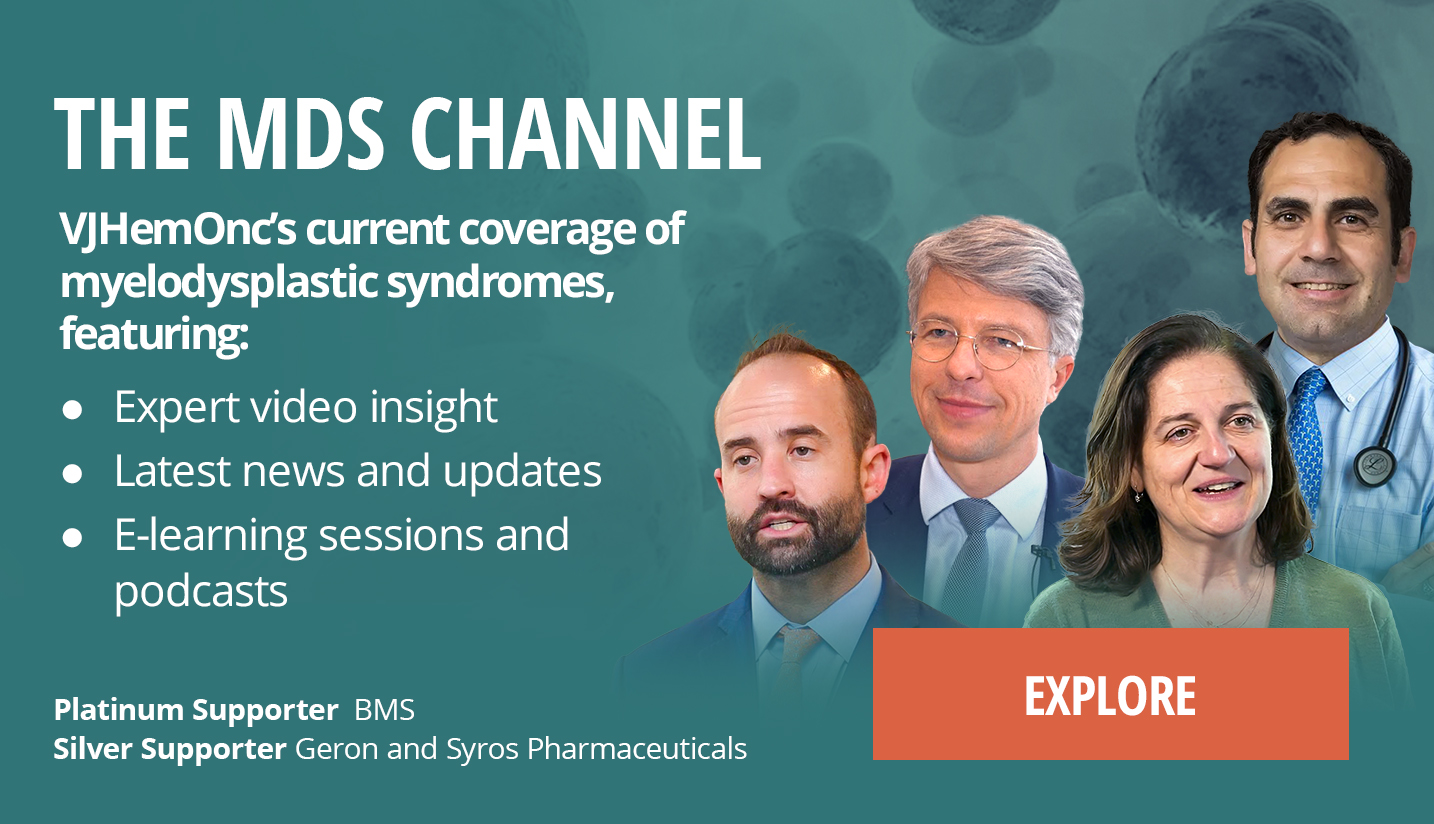Oh, that’s a question, challenges in MDS that we can now talk about it for four hours and maybe we cannot be done. I think if we look backwards over the last 50-60 years, there has been a significant advancement in understanding the biology and leading to more effective treatments than we had in the past. However, still in 2024, there are several major challenges that we have to overcome...
Oh, that’s a question, challenges in MDS that we can now talk about it for four hours and maybe we cannot be done. I think if we look backwards over the last 50-60 years, there has been a significant advancement in understanding the biology and leading to more effective treatments than we had in the past. However, still in 2024, there are several major challenges that we have to overcome. Let’s start with the diagnosis, which is still, as we said earlier, based on bone marrow. And probably we need to develop modern tools, more accurate, less invasive. And I’m sure that we will see them in the next few years.
Coming, and now let’s move on to the pathogenesis. A lot has been studied and gained over the last few years, understanding better the genetics, the pathology, the pathogenesis, and the role of inflammation in the pathogenesis of MDS. However, still, we are having difficulties with treatments. So if we talk about the patients who are defined as lower-risk, all of them suffer from anemia, many of them suffer from other cytopenias. We have some treatments, but nothing is perfect. And we are still talking about a 50% response rate. And we are talking about a limited duration of response. So if we are able, and I am sure we will, to develop either additional agents or better regimens that will be more effective, I think we will do a good job.
As for high-risk patients, still the story is not that optimistic yet, but we are making progress. We are still treating these patients with hypomethylating agents, but again, we need to do better. We need to increase the response rate. We need to make it longer and then maybe, maybe, like in other hematological diseases, we can start talking about a cure. We are not there yet, but we are doing better and I hope we will do better in the next few years. So yes, there is still a lot of work to be done. There are still many challenges to overcome, but I think today we are doing better. And if you ask me the same questions in the next year or in two years, I guess I will have better answers.
This transcript is AI-generated. While we strive for accuracy, please verify this copy with the video.













